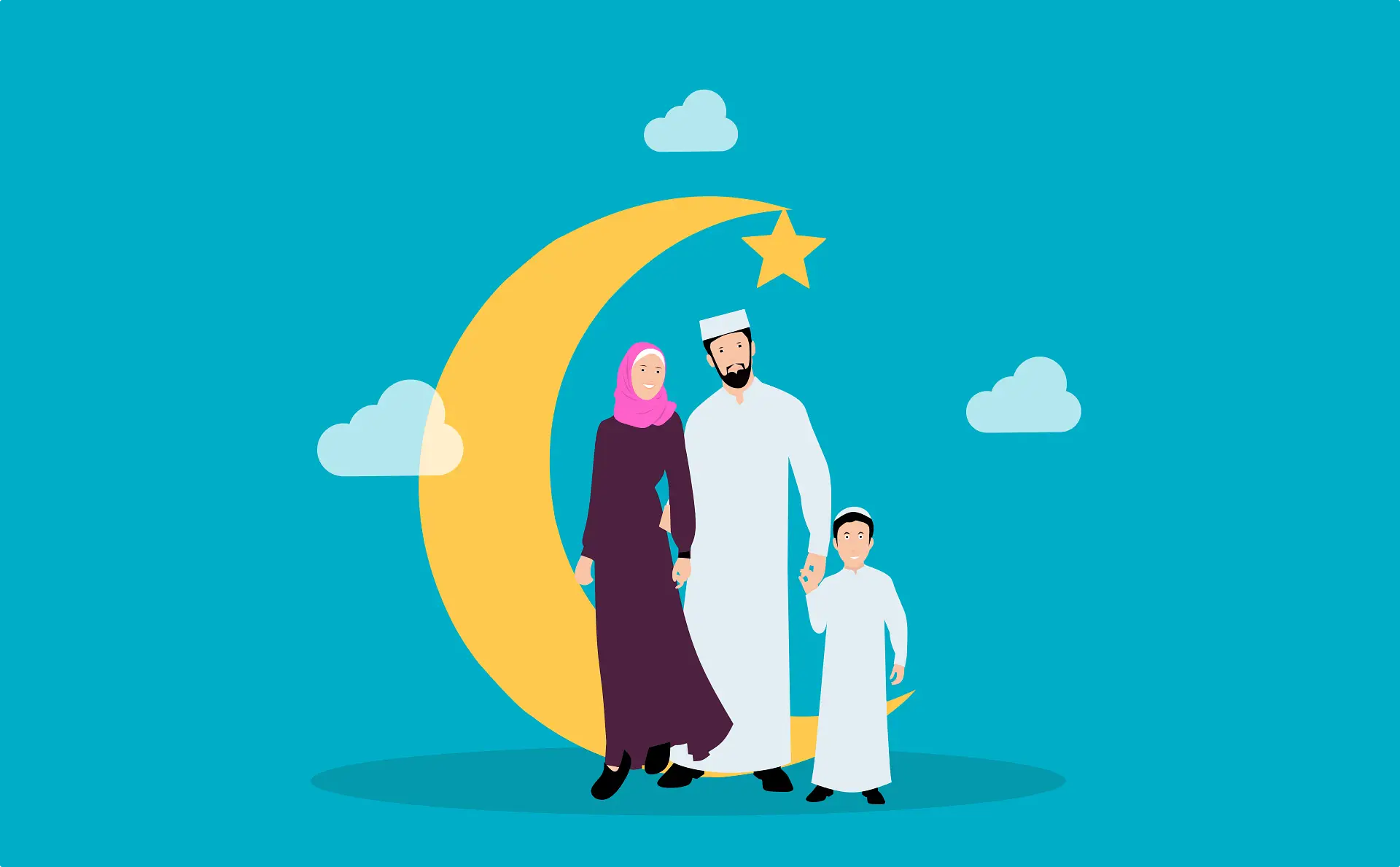Introduction to Ramadan 2025
Ramadan is a significant month for Muslims around the world, marked by fasting, prayer, reflection, and community.
In 2025, Ramadan is expected to begin around the evening of March 1st and end with the celebration of Eid al-Fitr on April 9. However, the exact start date will be subject to the sighting of the moon.
This sacred month influences religious practices and profoundly impacts daily life, including work schedules, social interactions, and overall community dynamics.
Changes in Daily Routine
During Ramadan, the daily routine of Muslims undergoes a significant transformation. Fasting from dawn until sunset requires individuals to adjust their eating habits, often leading to pre-dawn meals (suhoor) and evening meals (iftar) that bring family and friends together.
This shift can cause changes in sleep patterns, as many people stay up later to enjoy meals and engage in prayers.
In 2025, workplaces may adjust work hours to accommodate the fasting employees. Some companies might implement flexible schedules, allowing employees to start and end their workdays earlier.
This adjustment helps maintain productivity while respecting the needs of those observing the fast.
Impact on Workplaces
The observance of Ramadan can lead to notable changes in workplace dynamics. Employers may recognize the need for adjustments in workload and deadlines, as fasting can affect concentration and energy levels.
In 2025, businesses may choose to implement shorter workdays or allow for more breaks to ensure that employees remain engaged and productive.
Moreover, team-building activities and meetings may be scheduled around iftar times, fostering a sense of camaraderie among colleagues.
This period can also encourage a culture of understanding and support, with non-Muslim employees showing consideration for their fasting coworkers.
Social Interactions and Community Engagement
Ramadan is a time for community bonding and social interactions, and this is particularly pronounced in 2025. The month encourages charitable acts and community service, as many Muslims engage in giving to those in need, a practice known as zakat.
This spirit of generosity extends to communal iftars where families, friends, and neighbors come together to break their fast, strengthening social ties.
In many cities, local mosques and community centers organize events and activities that promote unity and inclusivity.
These gatherings not only serve as opportunities for socializing but also foster a sense of belonging and communal support that can have lasting impacts beyond Ramadan.
Health Considerations
Fasting during Ramadan can present various health challenges, particularly if not approached mindfully.
In 2025, individuals will need to be aware of their nutritional intake during suhoor and iftar, ensuring that they consume balanced meals that provide sufficient energy throughout the day.
Hydration is another critical aspect, as individuals must refrain from drinking water during daylight hours. It is essential for those observing the fast to stay hydrated during non-fasting hours to avoid dehydration and fatigue.
Health professionals may emphasize the importance of maintaining a balanced diet and addressing any health concerns related to fasting, particularly for those with pre-existing conditions.
The impact of Ramadan in 2025 on daily life will be felt across various dimensions, from personal routines to workplace adjustments and community engagement.
As Muslims around the world prepare for this transformative month, the essential elements of faith, compassion, and community will shine through, enriching the lives of individuals and fostering a deeper sense of connection among communities.
Understanding and respecting these changes can lead to a more inclusive and harmonious environment for everyone, regardless of their beliefs.

